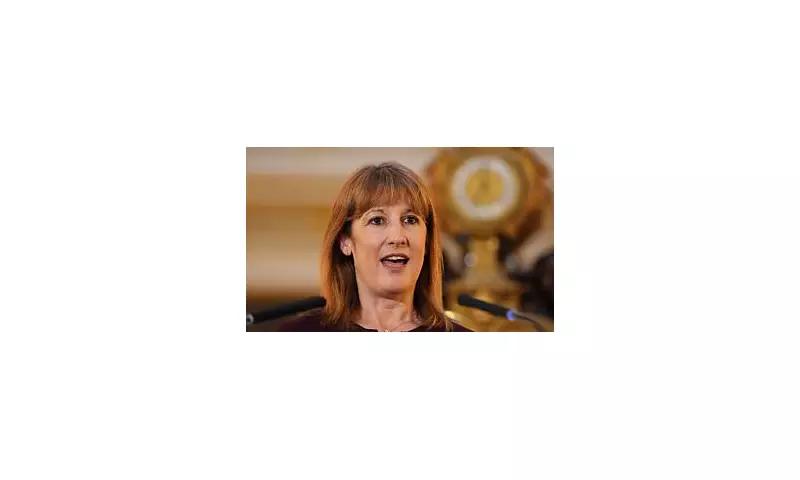
British motorists are facing a perfect storm of rising costs as Labour's shadow chancellor Rachel Reeves comes under scrutiny for policies that could see driving become significantly more expensive.
The Financial Road Ahead
Analysis of Labour's proposed transport policies suggests the average driver could be hit with hundreds of pounds in additional annual expenses. The party's environmental agenda and revenue-raising measures are expected to target motorists through multiple channels.
Where the Extra Costs Will Bite
- Fuel Duty Increases: After years of temporary freezes, Labour is considering reviving the fuel duty escalator, potentially adding 10p per litre to petrol and diesel prices
- Road Pricing Schemes: Pay-per-mile technology could replace current road tax systems, charging drivers based on distance travelled and time of day
- Parking Charge Hikes: Local authorities may be encouraged to increase parking fees as part of wider transport reforms
- Clean Air Zones: Expansion of ULEZ-style schemes to more towns and cities across the UK
Impact on Household Budgets
With the average UK household already spending over £3,000 annually on transport, these additional costs could push many families to breaking point. Rural communities and those reliant on cars for work face being disproportionately affected.
"This is essentially a tax on mobility," said one transport analyst. "While environmental concerns are valid, the timing couldn't be worse for families already struggling with the cost of living crisis."
Political Backlash Brewing
Conservative MPs have seized on the analysis, accusing Labour of declaring "war on motorists." Backbench Tories are warning that the proposals could devastate struggling high streets and harm economic productivity.
The controversy comes as Rachel Reeves attempts to position herself as pro-business while balancing Labour's green commitments. The shadow chancellor faces the difficult task of funding public services without alienating middle-income voters.
What Drivers Can Expect
- Higher weekly fuel bills starting as early as next year
- More clean air zones in urban areas with daily charges
- Potential road pricing trials in selected regions
- Reduced parking availability as councils seek to discourage car use
With motoring costs already at record highs, these proposed changes could fundamentally alter Britain's relationship with the car and test voters' patience with environmental policies that hit their pockets directly.





